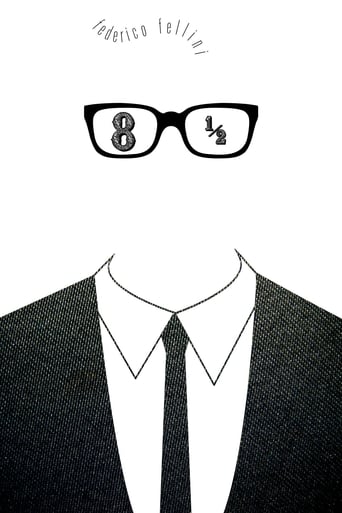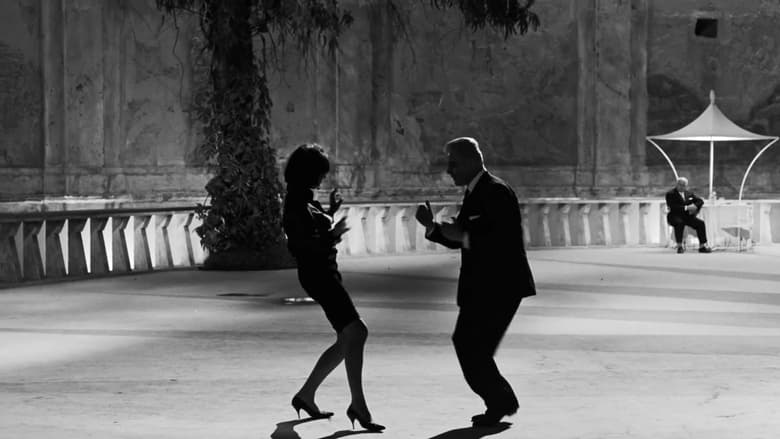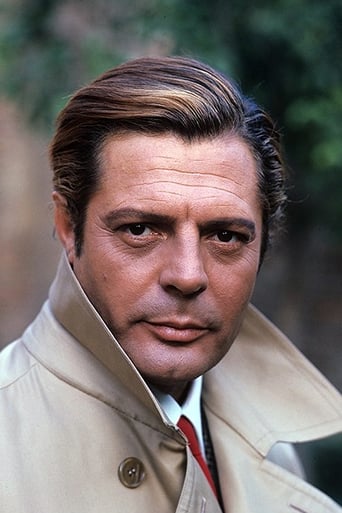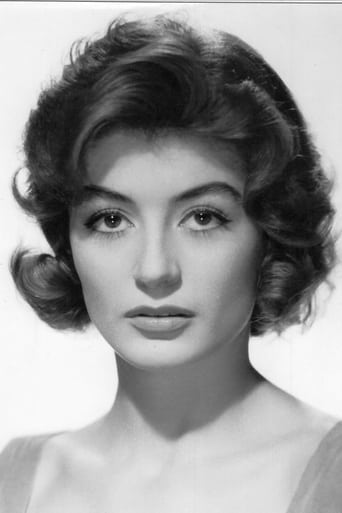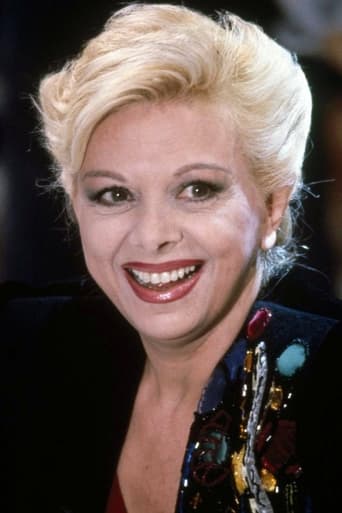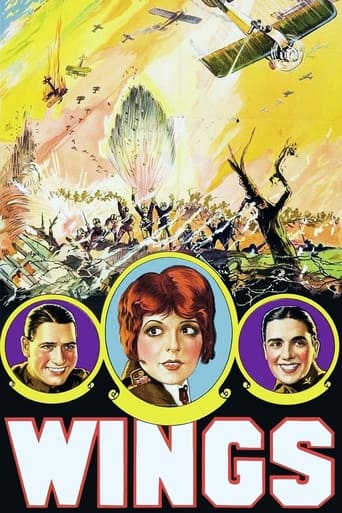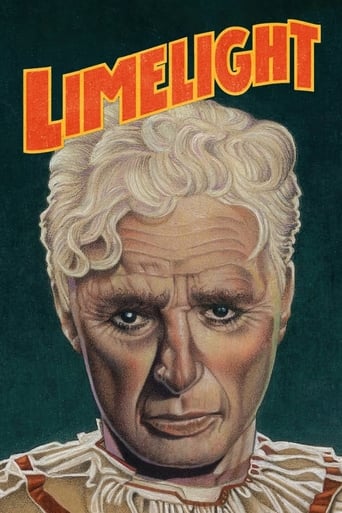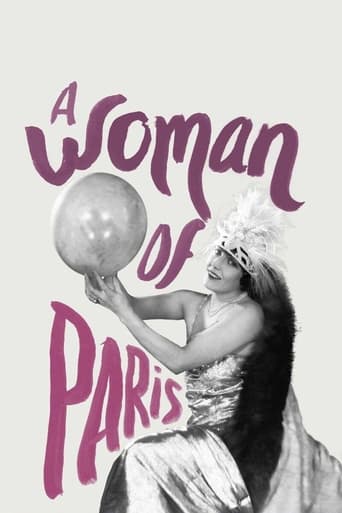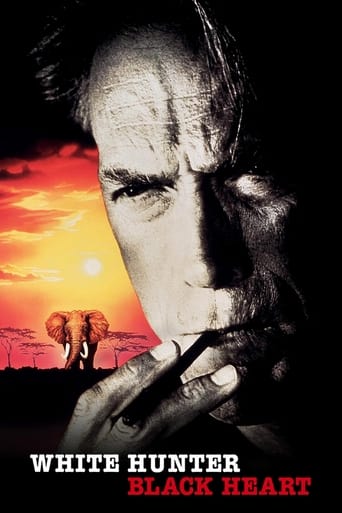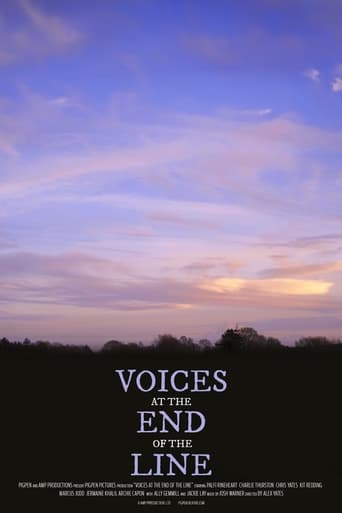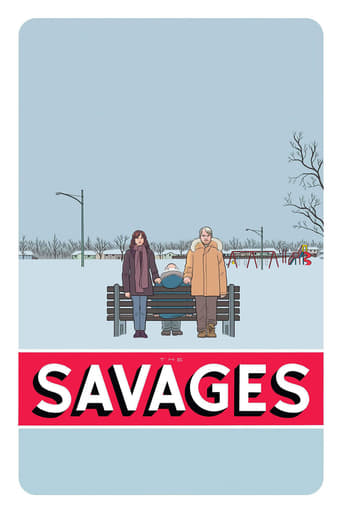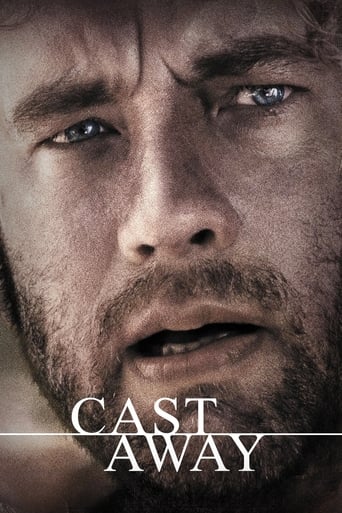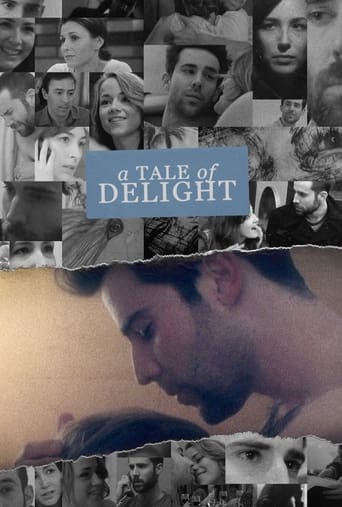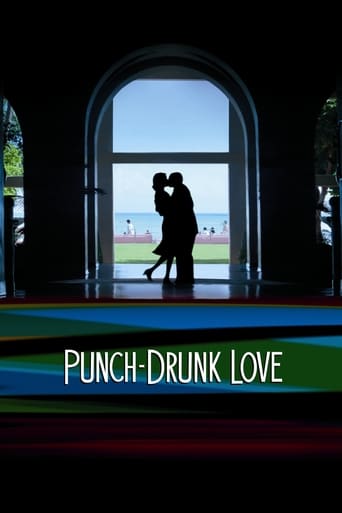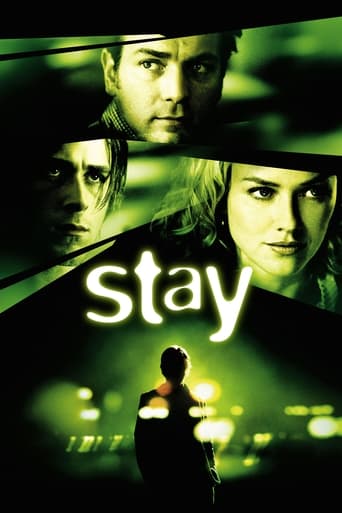8½ (1963)
Guido Anselmi, a film director, finds himself creatively barren at the peak of his career. Urged by his doctors to rest, Anselmi heads for a luxurious resort, but a sorry group gathers—his producer, staff, actors, wife, mistress, and relatives—each one begging him to get on with the show. In retreat from their dependency, he fantasizes about past women and dreams of his childhood.
Watch Trailer
Free Trial Channels
Cast


Similar titles
Reviews
Very well executed
All of these films share one commonality, that being a kind of emotional center that humanizes a cast of monsters.
The story, direction, characters, and writing/dialogue is akin to taking a tranquilizer shot to the neck, but everything else was so well done.
It's simply great fun, a winsome film and an occasionally over-the-top luxury fantasy that never flags.
(Flash Review)Abound in Italian style, attitude, symbolism and culture, this is a film that properly uses the medium of film, as only film can do, as it explores the story of essentially a film director with a creative block. While attempting to direct a film with a big budget, the director is dealing with the complexity of it all as he is unable to give answers to questions asked of him along with assorted personalities and their influences on his efforts. Everyone he encounters seems to want to get a part in the film, famous or not and his wife is frustrated by envy at his popularity and with all the woman in and around the film. The film's timeline jumps around a bit rather seamlessly so pay attention. Mixed into that approach are musings on age, life & death, love, fame as well as frequent Catholic religious references. Will the director get his inspirational spark? How will assorted relationships play out? Awash in slick cinematography, the scenes looked stellar and had rich blacks and whites. While the pace was slower, it allowed time for contemplation and this would be an ideal film to rewatch and analyze with a film class as I'm sure I didn't catch all the story points.
I have to admit that my love of movies has always allowed me to endure those which demand a lot of me. When I watched my first Fellini movies, I have to admit I was confused. I was young and they were intimidating. And, yes, there were a lot of pretentious people around, acting as if they understood every second. What films like "8 1/2" did for me was to stretch my own thoughts and intellectual being. Those of you who write such angry commentary on movies thought to be classics by the vast majority critics seem to think that Fellini was making art so people could sit around pontificating. To give this a one out of ten shows a kind of petulance and childishness. It simply shows that you have disdain for people that don't agree with you, not with the director or his product. It would be like disliking "Ghandi" because people who see it sit around with their friends and pretend to be compassionate. There are numerous parts of this film that are very accessible and gripping. Fellini was attempting to show how difficult it is to make films that give us the soul of the director.
At one point in 8 1/2 an actress playing a film critic turns to the camera and brays (in English), "He has nothing to say!", referring to Guido Anselmi, the director Marcello Mastroianni plays and, by extension, to Fellini himself. And that's quite true: Fellini has nothing to say because reducing 8 1/2 to a message would miss the film's point. Guido finds himself creatively blocked because he's trying to say something, except he doesn't know what it is. He has even enlisted a film critic, played by Jean Rogeul, to aid him in clarifying his ideas, but the critic only muddles things by his constant monologue about Guido's failure. Add to this the fact that after a breakdown Guido has retreated to a spa to try to relax and focus, only to be pursued there by a gaggle of producers and crew members and actors, not to mention his mistress (Sandra Milo) and his wife (Anouk Aimée). Guido's consciousness becomes a welter of dreams and memories and fantasies, overlapping with the quotidian demands of making a movie and tending to a failed marriage. He is also pursued by a vision of purity that he embodies in the actress Claudia Cardinale, but when they finally meet he realizes how impossible it is to integrate this vision with the mess of his life. Only at the end, when he abandons the project and confronts the fact that he really does have nothing to say, can he realize that the mess is the message, that his art has to be a way of establishing a pattern out of his own life, embodied by those who have populated it dancing in a circle to Nino Rota's music in the ruins of the colossal set of his abandoned movie. The first time I saw this film it was dubbed into German, which I could understand only if it was spoken slowly and patiently, which it wasn't. Even so, I had no trouble following the story (such as it is) because Fellini is primarily a visual artist. Besides, the movie starred Mastroianni, who would have made a great silent film star, communicating as he did with face and body as much as with voice. It is, I think, one of the great performances of a great career. 8 1/2 is also one of the most beautiful black-and-white movies ever made, thanks to the superb cinematography of Gianni Di Venanzo and the brilliant production design and costumes of Piero Gherardi. (charlesmatthews.blogspot.com)
Colossal artist thinking about the futility of efforts to create a masterpiece. Why do you need to say something when you can not be understood though you put it clearly? Shouldn't you reject even the smallest attempts to create something compromised that would not be an ideal, measure, which requires society?The main problem of the hero is the fear of the possibility of failure, natural for everyone who ever trod the stage, sat down in above the paper, or picked up a brush (except crazy daredevils, of course, that take their indiscrimination and human ignorance as their own talent). And the attempt to kill his internal critic revolves expected failure.Finding inspiration and insight within itself distinguishes this picture from the previous Fellini's giant "La Dolce Vita" where the hero finds his salvation in women, luxury and pleasure. In "8?" women also have a crucial role, as the film demonstrates blatant sexuality and the result of a child's sexual complexes. Only here they play a role of a barriers, which the hero can not get rid of. He understands and knows what the problem is even he says that he wants to leave everything for the sake of art, but he is not ready.The artistic value of the Fellini's film is hard to overemphasize. The philosophical content, which even on the tenth revision will give you new ideas and thoughts, and unmatched picture, like in a museum of fine art, fascinate. First ragged thread of the narrative seems a kaleidoscope of disconnected scenes and canvases. Thoughts wander, it is difficult to capture the essence. Some times it seems like you are in a more emotional version of Bergman's film. But gradually the feelings of the main character string all that happens on a single core, form such kind of narrative, the other here seems inappropriate, inadequate, that could not explain anything. Therein lies the main paradox of the film, fruitless pursuit of the ideal which leads hero to despair, gives Fellini this ideal.

